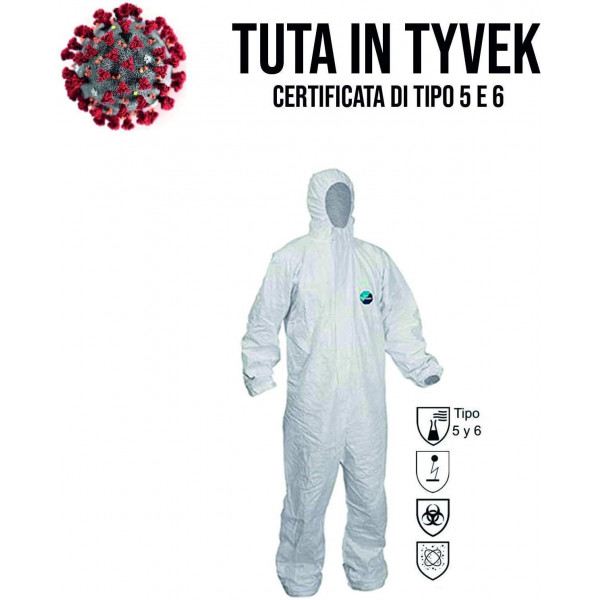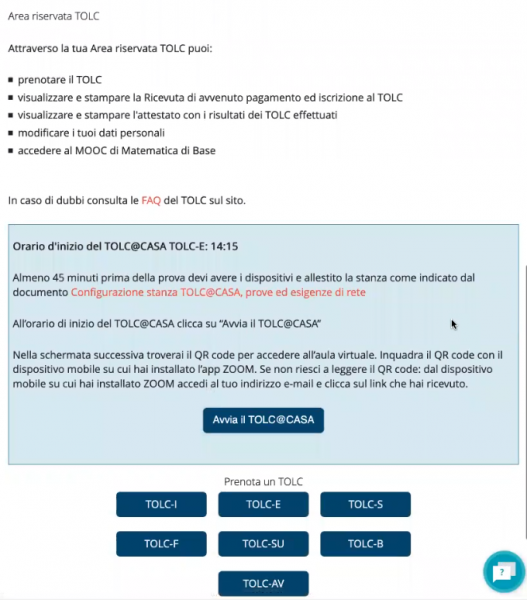Genes with more than 8-fold increased expression in the tolC mutant strain.
€ 16.99 · 4.9 (777) · In Magazzino

Download Table | Genes with more than 8-fold increased expression in the tolC mutant strain. from publication: Absence of functional TolC protein causes increased stress response gene expression in Sinorhizobium meliloti | The TolC protein from Sinorhizobium meliloti has previously been demonstrated to be required for establishing successful biological nitrogen fixation symbiosis with Medicago sativa. It is also needed in protein and exopolysaccharide secretion and for protection against | Sinorhizobium meliloti, Stress Responsive Genes and Stress Physiology | ResearchGate, the professional network for scientists.

RNase E-dependent degradation of tnaA mRNA encoding tryptophanase is prerequisite for the induction of acid resistance in Escherichia coli
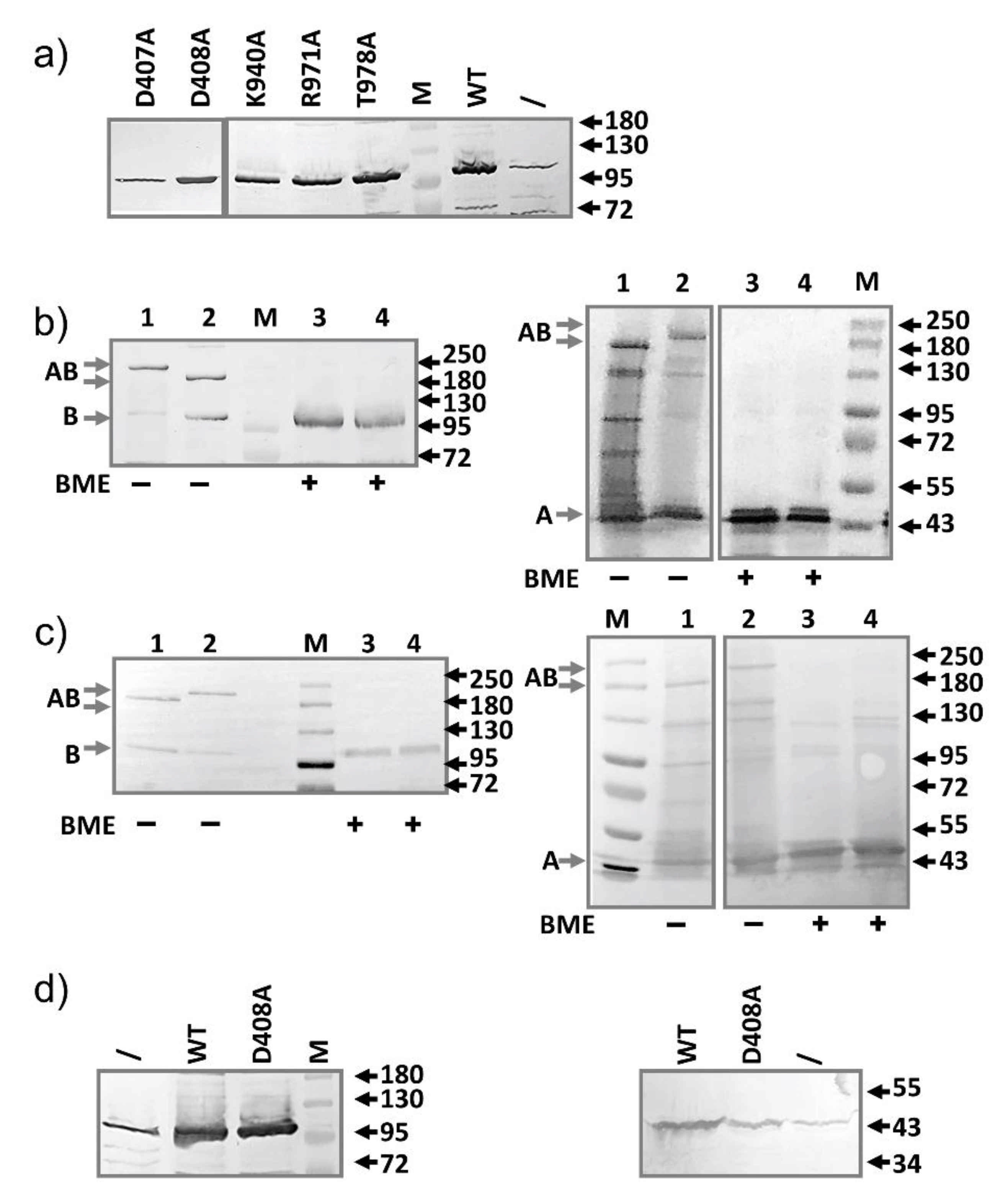
Antibiotics, Free Full-Text
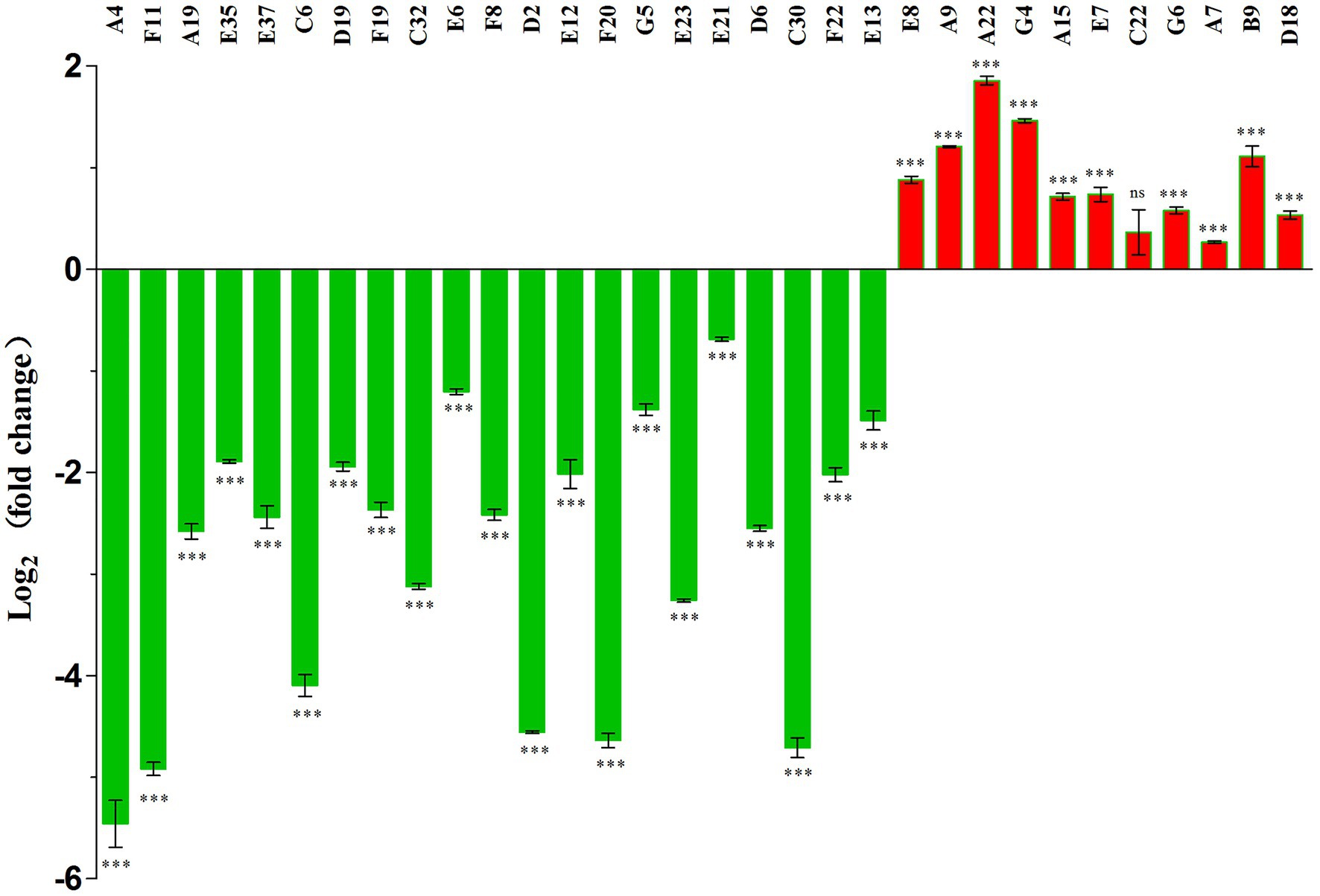
Frontiers Identification of Essential Genes Associated With Prodigiosin Production in Serratia marcescens FZSF02

Characterization of ColE1 Production for Robust tolC Plate Dual-Selection in E. coli

Structure, Assembly, and Function of Tripartite Efflux and Type 1 Secretion Systems in Gram-Negative Bacteria

An Escherichia coli sbmA tolC double mutant displays a thermosensitive colony formation phenotype, Annals of Microbiology

Complementation of the E. coli TolC strain with a plasmid-carried copy

Frontiers Mutations in the TolC Periplasmic Domain Affect Substrate Specificity of the AcrAB-TolC Pump

a) Representation of the acrAB operon, the tolC gene, the local

Characterization of ColE1 Production for Robust tolC Plate Dual-Selection in E. coli

Effect of deletion of phoBR and creBC on expression levels of genes

Sinorhizobium meliloti tolC mutant is unable to establish nitrogen

Intracellular accumulation of staphylopine impairs the fitness of Staphylococcus aureus cntE mutant - Chen - 2019 - FEBS Letters - Wiley Online Library

A Shift to Human Body Temperature (37°C) Rapidly Reprograms Multiple Adaptive Responses in Escherichia coli That Would Facilitate Niche Survival and Colonization
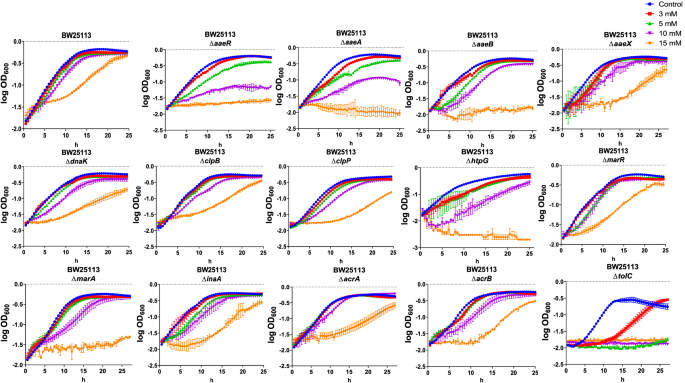
Global transcriptomic response of Escherichia coli to p-coumaric acid, Microbial Cell Factories



